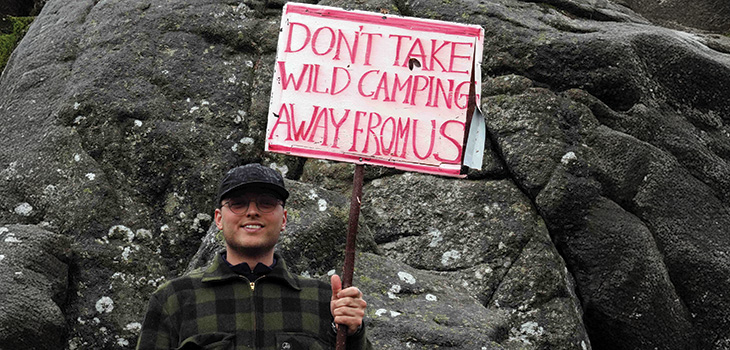
The court found that ‘open-air recreation’ includes wild camping, provided access is gained on foot or horseback. This overturns a previous High Court decision and affirms public rights over private objections. The ruling emphasises statutory interpretation grounded in ordinary language and context, rejecting arguments that the right to camp must be explicitly stated.
The court also criticised the absence of the Attorney General in proceedings affecting public rights.
The judgment is a win for access campaigners and clarifies that landowners’ rights can be limited by clear statutory language. It sets a precedent for interpreting public access laws in favour of recreation and transparency.










